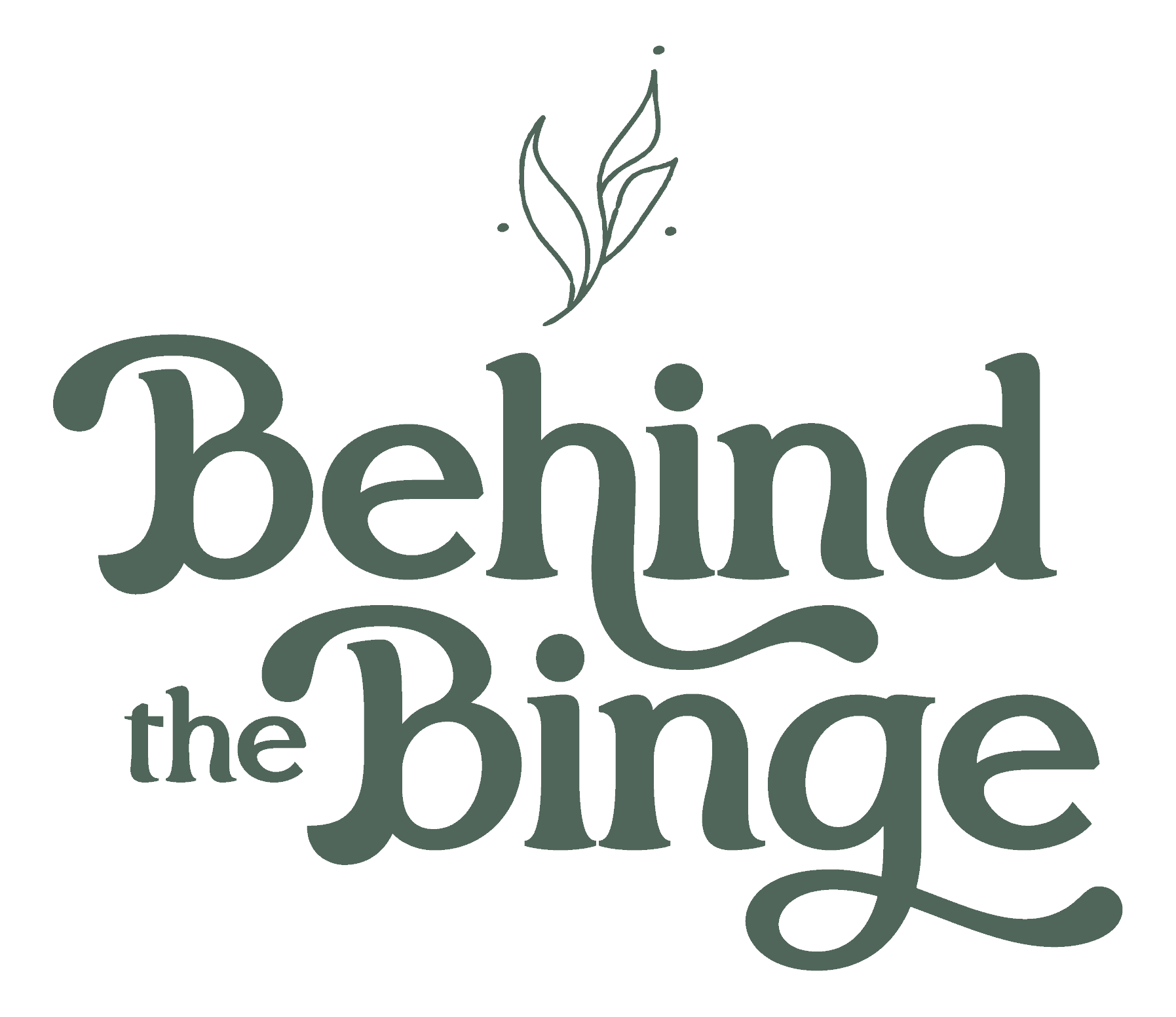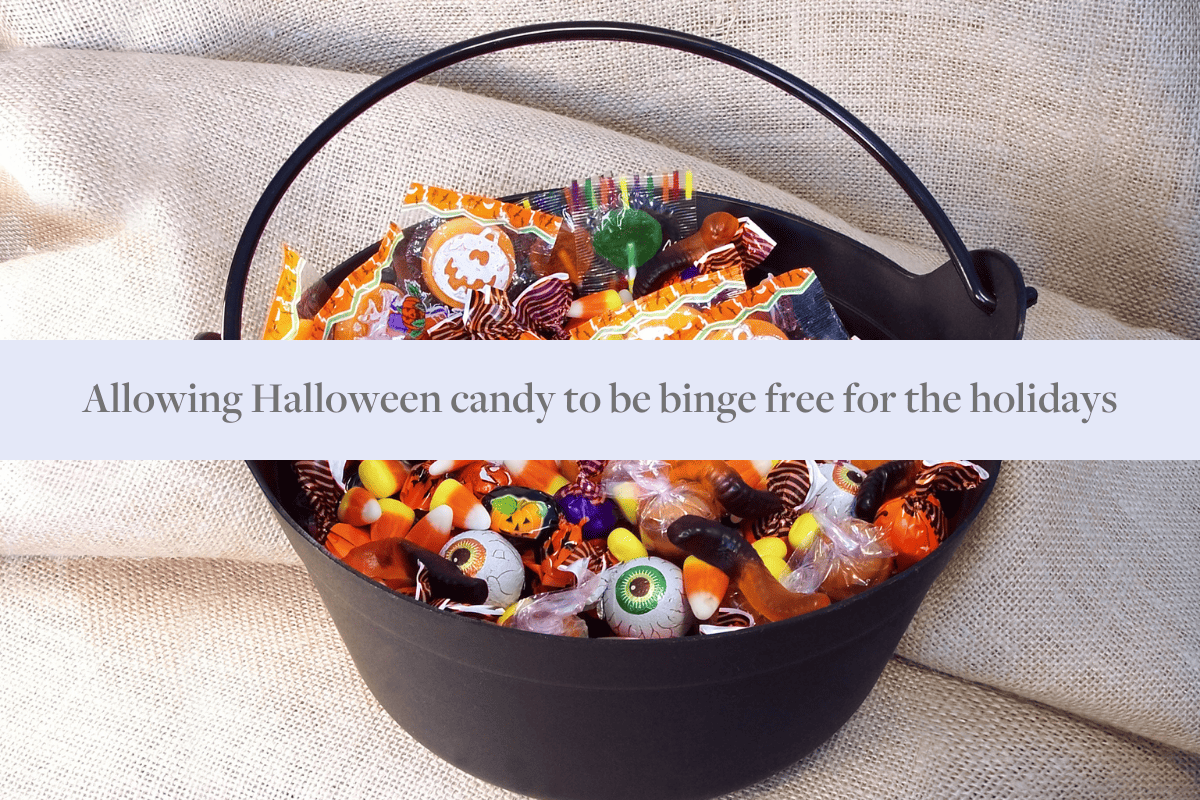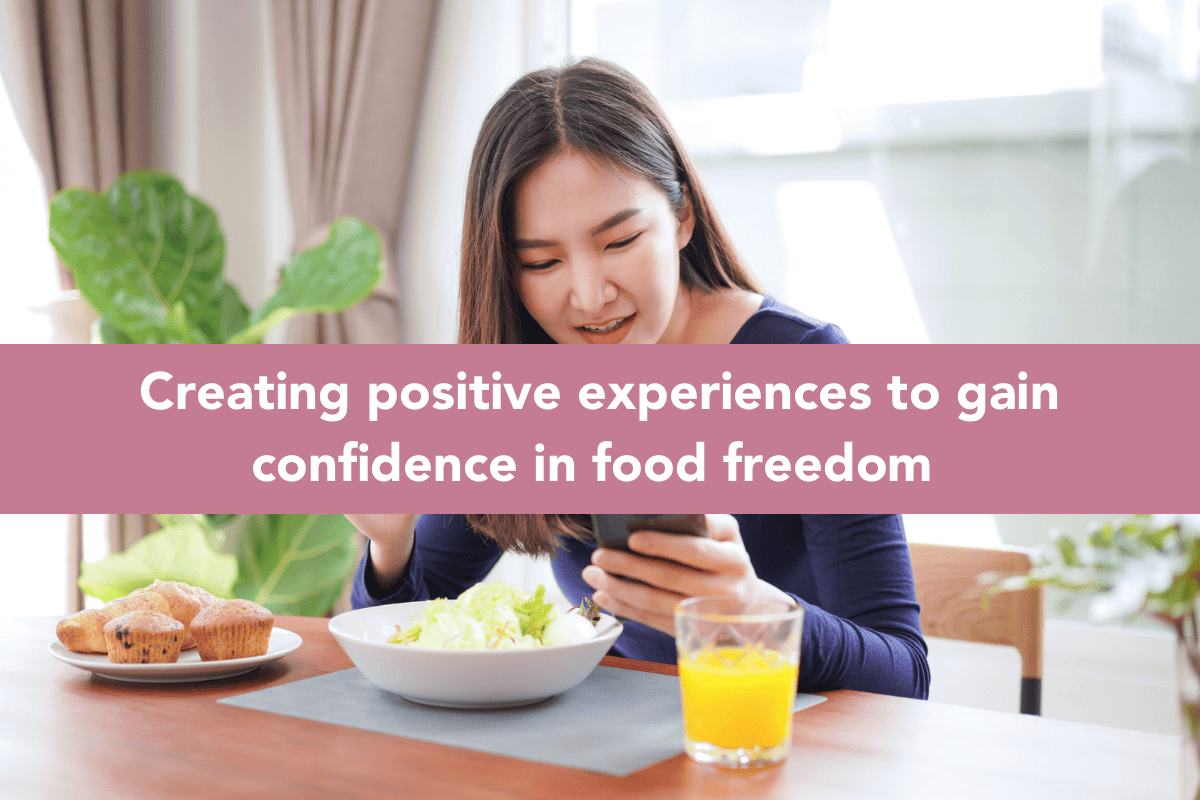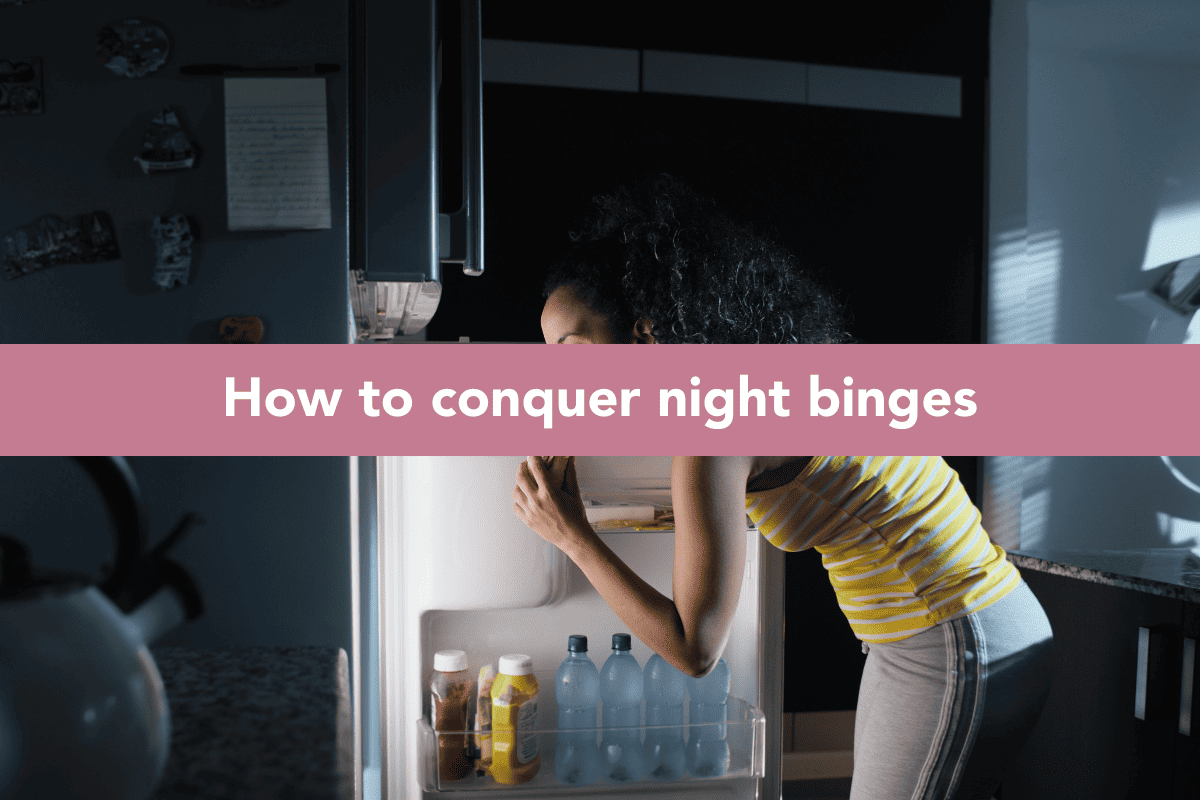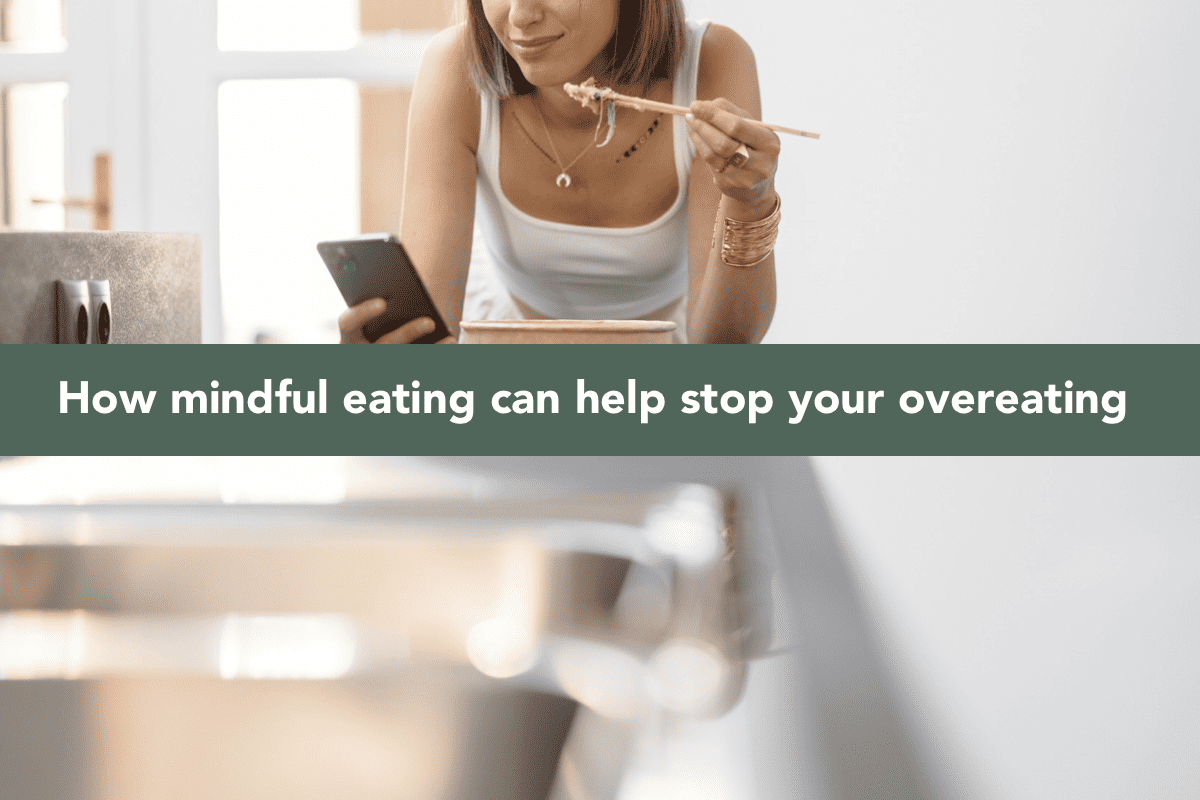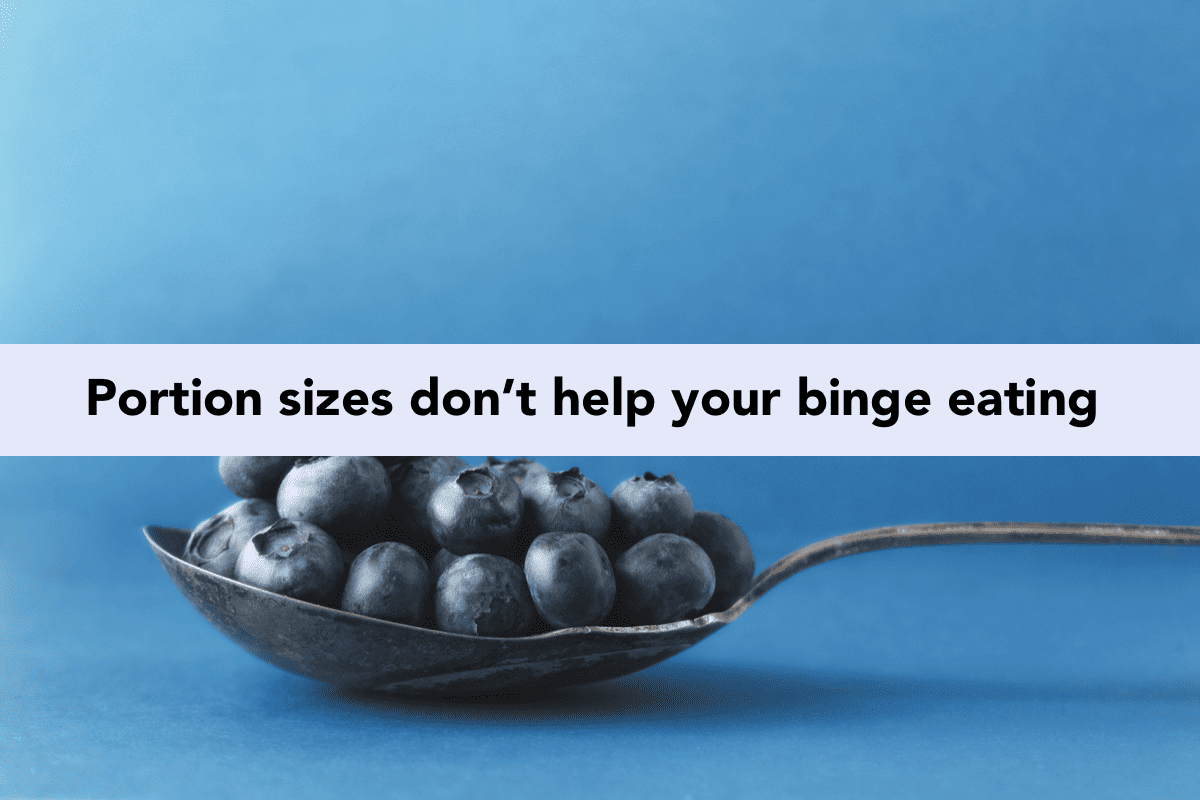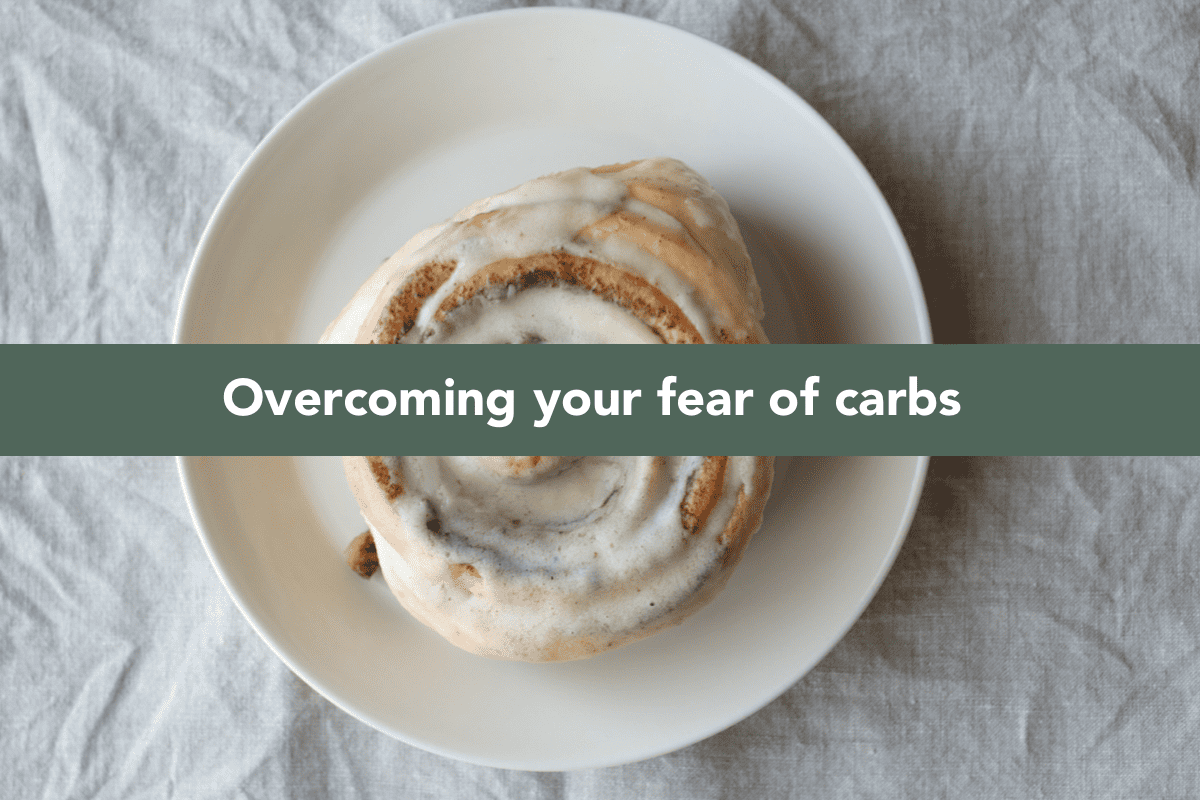Happy Halloween!
It is the beginning of the string of holidays in the holiday season. This can be a really hard time for anyone struggling with disordered eating. With so many holidays centered around treats, now is a great time to start working on your relationship with food in order to feel less stressed and be able to enjoy the holidays more fully without the fear of bingeing.
If you are like me you probably bought way too much Halloween candy and also had kids bringing more home. So basically I have a huge supply just lying around the house now.
It’s amazing, my husband just came up to me this morning and asked why candy doesn’t taste good anymore like he thought the recipes changed or something. And although maybe that’s true, I think it is much more likely that we grew up seeing candy as such a treat from holidays like this and it tasted so much better when we knew we wouldn’t (or “shouldn’t) get it often. Now as adults that allow candy whenever we want, we don’t crave it often. Now that we have a surplus and it just isn’t very satisfying.
At one point in time this would have made me feel out of control and guilty after eating any. I used to just throw it away. The problem with that is it did nothing for my relationship with sweets and candy except make it worse.
I had a food rule stuck in my mind that candy is “bad” and isn’t as nutrient dense as other foods, so therefore I shouldn’t be eating it. This subconscious rule puts candy and other sweets on a pedestal and like the saying goes “trick or treat.”
Seeing candy as a treat and having guilt after eating it really confuses your mind. You are essentially rewarding yourself and then punishing yourself mentally (or physically) for eating it.
When we are able to normalize candy and other sweets, they become less enticing and you gain back that control.
So with all of this leftover candy lying around it can be a great opportunity to normalize candy! Here are a few tips to normalize halloween candy:
- Give yourself permission to eat it.
So often people don’t believe they are restricting, but they find it hard not to have guilt after eating foods like this. The problem is that you still aren’t giving yourself permission to eat it
- Really allow yourself to be present and satisfied by it when you want it
Minimize distractions and really appreciate the food you are eating. What does it taste like? What texture does it have?
- If you are afraid you will binge, plan a very normal time to have it and/or have it with meals
Binges on foods like candy are a lot less common when the food is allowed at very normal times in normal environments. For example: plan to have candy at lunch when you are sitting at the table.
- Don’t restrict yourself
Restricting these foods makes you obsess over them even more.
- Plan it often until it is not special anymore
Plan to have candy with lunch every single day. And give yourself unconditional permission to eat it. That means however much you want and whenever else you want. So if you have it with your lunch, but then 2 o’clock comes around and you want more, have more. The cravings go away with time. So no, you won’t just eat candy nonstop. It will lose its flare
It is also important to work on the mindset change with the guilt you might experience from eating the candy. Ask yourself “why do you feel guilty for eating candy?” Then think through that response. Is avoiding candy worth the guilt and the stress that comes with bingeing?
Imagine if you can conquer your fear or candy this year and enjoy those holiday sweets without guilt! Also keep in mind that dealing with the guilt behind these food rules can take time and a lot of hard questions. If you need more help breaking these ingrained food rules and mindsets, check out our private coaching!
